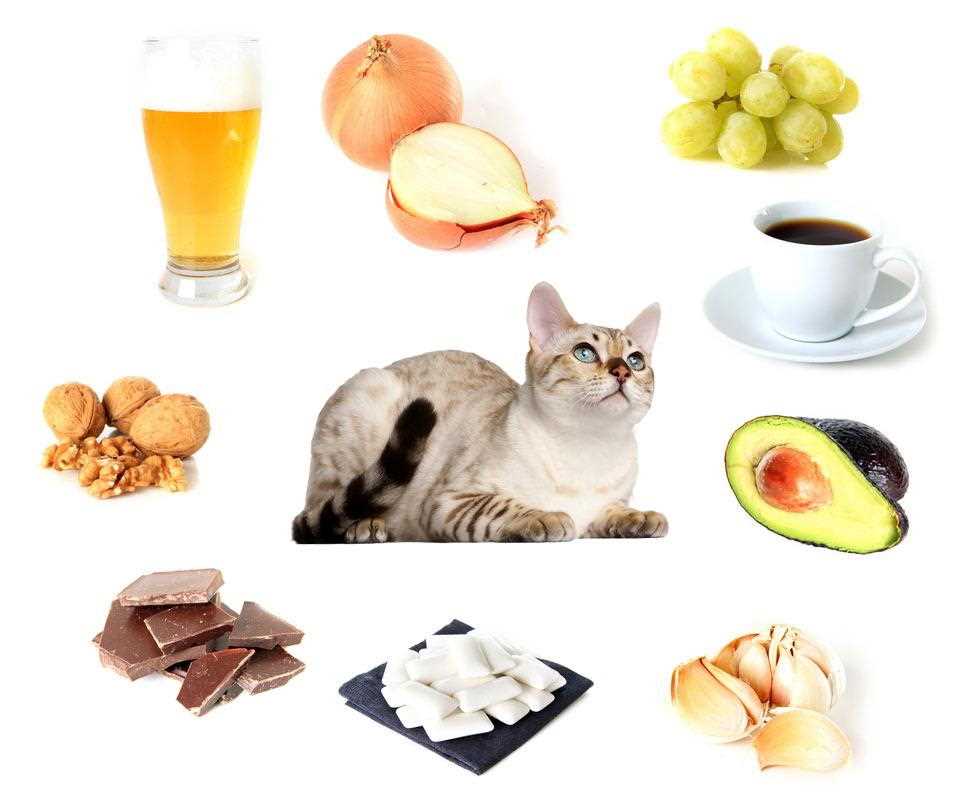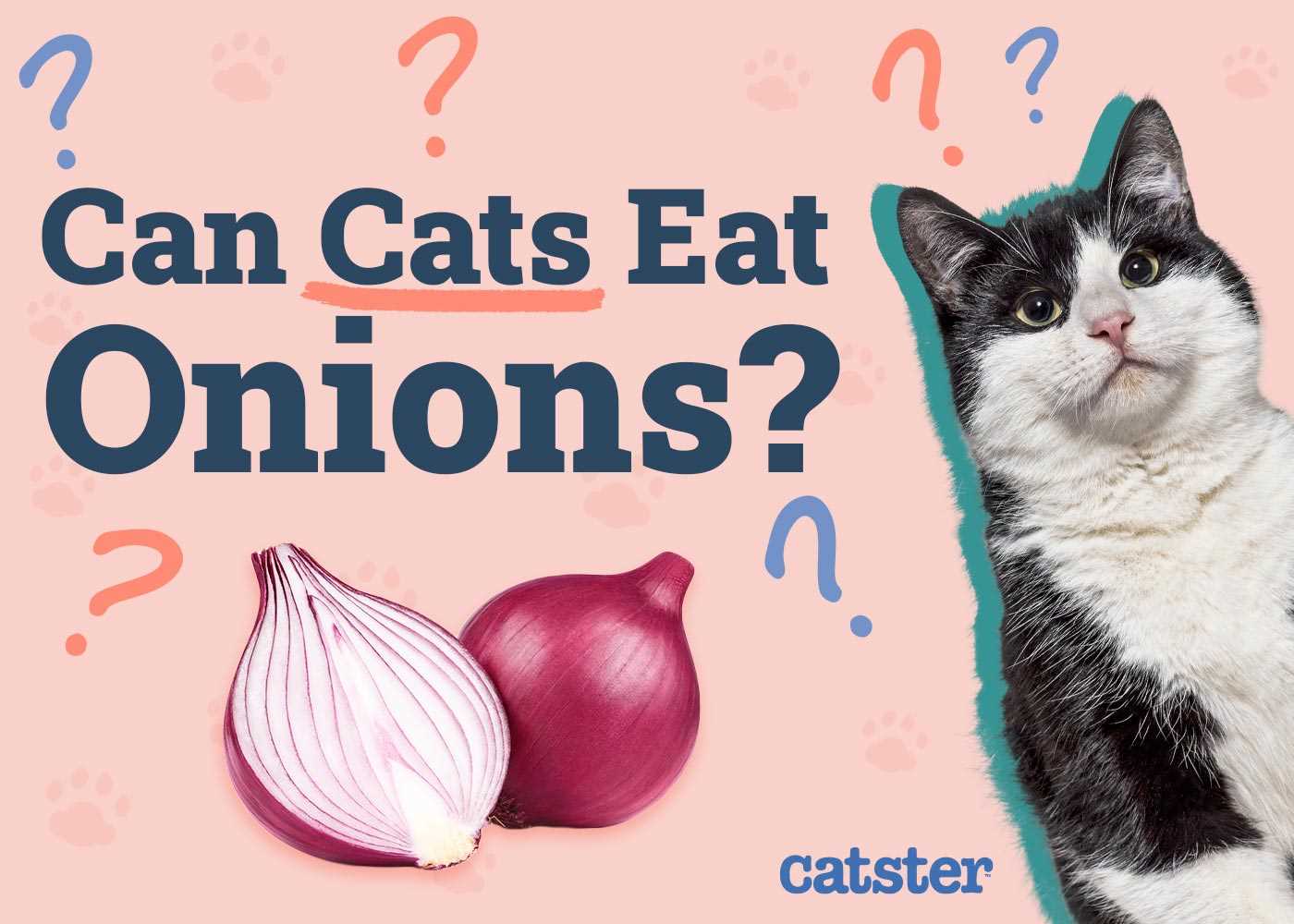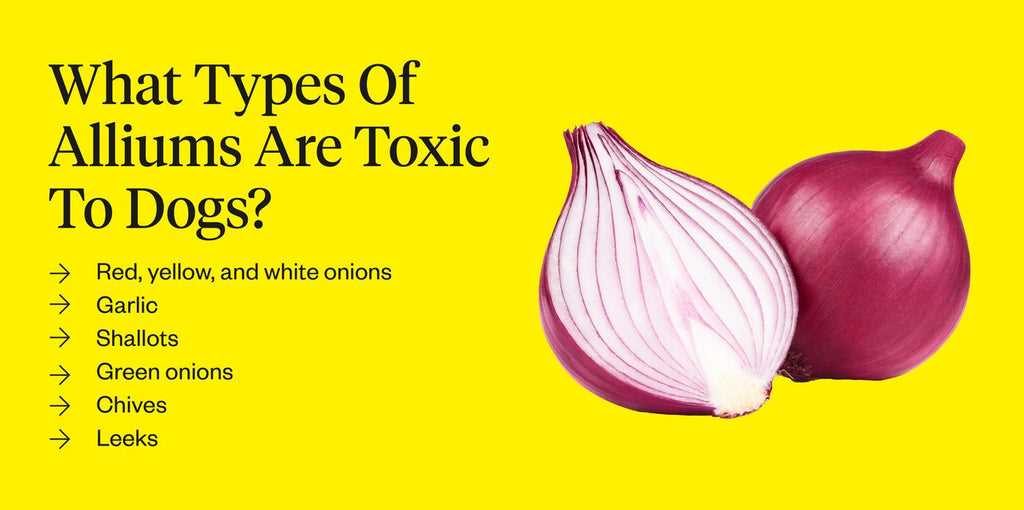I’ve got a little secret to share: that bulb vegetable you might love is not safe for us furry friends. It contains compounds that can lead to serious health issues if ingested. So, if you’re thinking of sharing a meal, it’s best to keep it away from my bowl.
Eating even a small amount of this vegetable can result in gastrointestinal upset and more severe conditions like hemolytic anemia. Symptoms can range from vomiting and diarrhea to weakness and lethargy. If you notice any of these signs after I’ve had a taste, it’s time to call the vet!
By keeping this vegetable out of our diet, you ensure I stay healthy and happy. Always check the ingredients in your meals and snacks, and remember: what’s tasty for you may not be safe for me!
Is Onion Poisonous to Cats?
Stay away from this bulb! It contains compounds that can lead to severe health issues for meows like me.
Here are the key points to keep in mind:
- Consumption of this vegetable can result in oxidative damage to red blood cells.
- Symptoms of ingestion may include vomiting, diarrhea, weakness, and lethargy.
- Even small amounts can be harmful; avoid any exposure.
- Cooking does not eliminate the risk; it remains dangerous whether raw or cooked.
- All forms, including powder, should be treated with caution.
If you suspect that your furry friend has ingested any part of this vegetable, seek veterinary assistance immediately. It’s always better to be safe than sorry!
Understanding the Toxicity of Onions for Cats
It’s a hard no–these bulbous vegetables can harm me. They contain compounds that can damage red blood cells, leading to anemia. Symptoms may include weakness, lethargy, and digestive upset. If I were to ingest even a small amount, it could pose serious health risks.
All parts of the plant, including the flesh, skin, juice, and even the powder, can be harmful. Cooking or processing doesn’t eliminate these dangers, so it’s best to keep them out of my reach entirely.
If you suspect I’ve sneaked a bite, watch for signs like vomiting or unusual behavior. Consulting a veterinarian is crucial for timely intervention. Prevention is key–keep these items out of my diet to ensure my health remains top-notch.
Symptoms of Onion Poisoning in Cats

If you suspect your furry friend has ingested any harmful bulb, it’s crucial to monitor for specific signs. Symptoms can vary in intensity based on the amount consumed and the individual’s sensitivity.
Common Symptoms
Watch for these indicators:
- Vomiting: This is often one of the first reactions, indicating distress in the stomach.
- Diarrhea: Loose stools can accompany gastrointestinal upset.
- Weakness or lethargy: A noticeable drop in energy levels may arise.
- Loss of appetite: A sudden disinterest in food can signal trouble.
- Gums color change: Pale or yellowish gums may indicate serious internal issues.
Severe Reactions

In more critical situations, additional symptoms may present:
- Rapid breathing: Increased respiratory rate can occur.
- Increased heart rate: The heart may beat faster due to stress on the body.
- Weakness in limbs: This may manifest as difficulty walking or standing.
If any of these signs appear, prompt veterinary assistance is essential. Quick action can make a significant difference in recovery outcomes. For general pet care, you might also want to check if is milk thistle safe for cats, as some herbs can be beneficial while others may pose risks.
What to Do if Your Cat Eats Onion

If you discover that your feline friend has ingested any amount of this bulb, the first step is to stay calm. Monitor your pet closely for any signs of distress. If symptoms like vomiting, diarrhea, or lethargy appear, contact your veterinarian immediately.
Act swiftly by calling your vet and providing them with details regarding your pet’s size, the quantity consumed, and the time of ingestion. They may suggest bringing your furball in for an examination or provide guidance for home care.
Do not attempt to induce vomiting without veterinary advice, as this could cause further harm. If your vet recommends it, they may administer activated charcoal to limit the absorption of toxins.
Keep your home environment safe by removing any hazardous foods and substances. Educate yourself about what is harmful to your furry companions to prevent future incidents. For more intriguing animal behavior facts, check out this link: do cat faced spiders eat black widows.
Lastly, ensure your kitty stays hydrated and offer fresh water. Nutrition is crucial for recovery, so follow your vet’s advice on diet and care during this time.
I’ve got a little secret to share: that bulb vegetable you might love is not safe for us furry friends. It contains compounds that can lead to serious health issues if ingested. So, if you’re thinking of sharing a meal, it’s best to keep it away from my bowl.
Eating even a small amount of this vegetable can result in gastrointestinal upset and more severe conditions like hemolytic anemia. Symptoms can range from vomiting and diarrhea to weakness and lethargy. If you notice any of these signs after I’ve had a taste, it’s time to call the vet!
By keeping this vegetable out of our diet, you ensure I stay healthy and happy. Always check the ingredients in your meals and snacks, and remember: what’s tasty for you may not be safe for me!
Is Onion Poisonous to Cats?
Stay away from this bulb! It contains compounds that can lead to severe health issues for meows like me.
Here are the key points to keep in mind:
- Consumption of this vegetable can result in oxidative damage to red blood cells.
- Symptoms of ingestion may include vomiting, diarrhea, weakness, and lethargy.
- Even small amounts can be harmful; avoid any exposure.
- Cooking does not eliminate the risk; it remains dangerous whether raw or cooked.
- All forms, including powder, should be treated with caution.
If you suspect that your furry friend has ingested any part of this vegetable, seek veterinary assistance immediately. It’s always better to be safe than sorry!
Understanding the Toxicity of Onions for Cats
It’s a hard no–these bulbous vegetables can harm me. They contain compounds that can damage red blood cells, leading to anemia. Symptoms may include weakness, lethargy, and digestive upset. If I were to ingest even a small amount, it could pose serious health risks.
All parts of the plant, including the flesh, skin, juice, and even the powder, can be harmful. Cooking or processing doesn’t eliminate these dangers, so it’s best to keep them out of my reach entirely.
If you suspect I’ve sneaked a bite, watch for signs like vomiting or unusual behavior. Consulting a veterinarian is crucial for timely intervention. Prevention is key–keep these items out of my diet to ensure my health remains top-notch.
Symptoms of Onion Poisoning in Cats

If you suspect your furry friend has ingested any harmful bulb, it’s crucial to monitor for specific signs. Symptoms can vary in intensity based on the amount consumed and the individual’s sensitivity.
Common Symptoms
Watch for these indicators:
- Vomiting: This is often one of the first reactions, indicating distress in the stomach.
- Diarrhea: Loose stools can accompany gastrointestinal upset.
- Weakness or lethargy: A noticeable drop in energy levels may arise.
- Loss of appetite: A sudden disinterest in food can signal trouble.
- Gums color change: Pale or yellowish gums may indicate serious internal issues.
Severe Reactions

In more critical situations, additional symptoms may present:
- Rapid breathing: Increased respiratory rate can occur.
- Increased heart rate: The heart may beat faster due to stress on the body.
- Weakness in limbs: This may manifest as difficulty walking or standing.
If any of these signs appear, prompt veterinary assistance is essential. Quick action can make a significant difference in recovery outcomes. For general pet care, you might also want to check if is milk thistle safe for cats, as some herbs can be beneficial while others may pose risks.
What to Do if Your Cat Eats Onion

If you discover that your feline friend has ingested any amount of this bulb, the first step is to stay calm. Monitor your pet closely for any signs of distress. If symptoms like vomiting, diarrhea, or lethargy appear, contact your veterinarian immediately.
Act swiftly by calling your vet and providing them with details regarding your pet’s size, the quantity consumed, and the time of ingestion. They may suggest bringing your furball in for an examination or provide guidance for home care.
Do not attempt to induce vomiting without veterinary advice, as this could cause further harm. If your vet recommends it, they may administer activated charcoal to limit the absorption of toxins.
Keep your home environment safe by removing any hazardous foods and substances. Educate yourself about what is harmful to your furry companions to prevent future incidents. For more intriguing animal behavior facts, check out this link: do cat faced spiders eat black widows.
Lastly, ensure your kitty stays hydrated and offer fresh water. Nutrition is crucial for recovery, so follow your vet’s advice on diet and care during this time.
I’ve got a little secret to share: that bulb vegetable you might love is not safe for us furry friends. It contains compounds that can lead to serious health issues if ingested. So, if you’re thinking of sharing a meal, it’s best to keep it away from my bowl.
Eating even a small amount of this vegetable can result in gastrointestinal upset and more severe conditions like hemolytic anemia. Symptoms can range from vomiting and diarrhea to weakness and lethargy. If you notice any of these signs after I’ve had a taste, it’s time to call the vet!
By keeping this vegetable out of our diet, you ensure I stay healthy and happy. Always check the ingredients in your meals and snacks, and remember: what’s tasty for you may not be safe for me!
Is Onion Poisonous to Cats?
Stay away from this bulb! It contains compounds that can lead to severe health issues for meows like me.
Here are the key points to keep in mind:
- Consumption of this vegetable can result in oxidative damage to red blood cells.
- Symptoms of ingestion may include vomiting, diarrhea, weakness, and lethargy.
- Even small amounts can be harmful; avoid any exposure.
- Cooking does not eliminate the risk; it remains dangerous whether raw or cooked.
- All forms, including powder, should be treated with caution.
If you suspect that your furry friend has ingested any part of this vegetable, seek veterinary assistance immediately. It’s always better to be safe than sorry!
Understanding the Toxicity of Onions for Cats
It’s a hard no–these bulbous vegetables can harm me. They contain compounds that can damage red blood cells, leading to anemia. Symptoms may include weakness, lethargy, and digestive upset. If I were to ingest even a small amount, it could pose serious health risks.
All parts of the plant, including the flesh, skin, juice, and even the powder, can be harmful. Cooking or processing doesn’t eliminate these dangers, so it’s best to keep them out of my reach entirely.
If you suspect I’ve sneaked a bite, watch for signs like vomiting or unusual behavior. Consulting a veterinarian is crucial for timely intervention. Prevention is key–keep these items out of my diet to ensure my health remains top-notch.
Symptoms of Onion Poisoning in Cats

If you suspect your furry friend has ingested any harmful bulb, it’s crucial to monitor for specific signs. Symptoms can vary in intensity based on the amount consumed and the individual’s sensitivity.
Common Symptoms
Watch for these indicators:
- Vomiting: This is often one of the first reactions, indicating distress in the stomach.
- Diarrhea: Loose stools can accompany gastrointestinal upset.
- Weakness or lethargy: A noticeable drop in energy levels may arise.
- Loss of appetite: A sudden disinterest in food can signal trouble.
- Gums color change: Pale or yellowish gums may indicate serious internal issues.
Severe Reactions

In more critical situations, additional symptoms may present:
- Rapid breathing: Increased respiratory rate can occur.
- Increased heart rate: The heart may beat faster due to stress on the body.
- Weakness in limbs: This may manifest as difficulty walking or standing.
If any of these signs appear, prompt veterinary assistance is essential. Quick action can make a significant difference in recovery outcomes. For general pet care, you might also want to check if is milk thistle safe for cats, as some herbs can be beneficial while others may pose risks.
What to Do if Your Cat Eats Onion

If you discover that your feline friend has ingested any amount of this bulb, the first step is to stay calm. Monitor your pet closely for any signs of distress. If symptoms like vomiting, diarrhea, or lethargy appear, contact your veterinarian immediately.
Act swiftly by calling your vet and providing them with details regarding your pet’s size, the quantity consumed, and the time of ingestion. They may suggest bringing your furball in for an examination or provide guidance for home care.
Do not attempt to induce vomiting without veterinary advice, as this could cause further harm. If your vet recommends it, they may administer activated charcoal to limit the absorption of toxins.
Keep your home environment safe by removing any hazardous foods and substances. Educate yourself about what is harmful to your furry companions to prevent future incidents. For more intriguing animal behavior facts, check out this link: do cat faced spiders eat black widows.
Lastly, ensure your kitty stays hydrated and offer fresh water. Nutrition is crucial for recovery, so follow your vet’s advice on diet and care during this time.







